International
US, Mexico seek to revamp fight against drug cartels
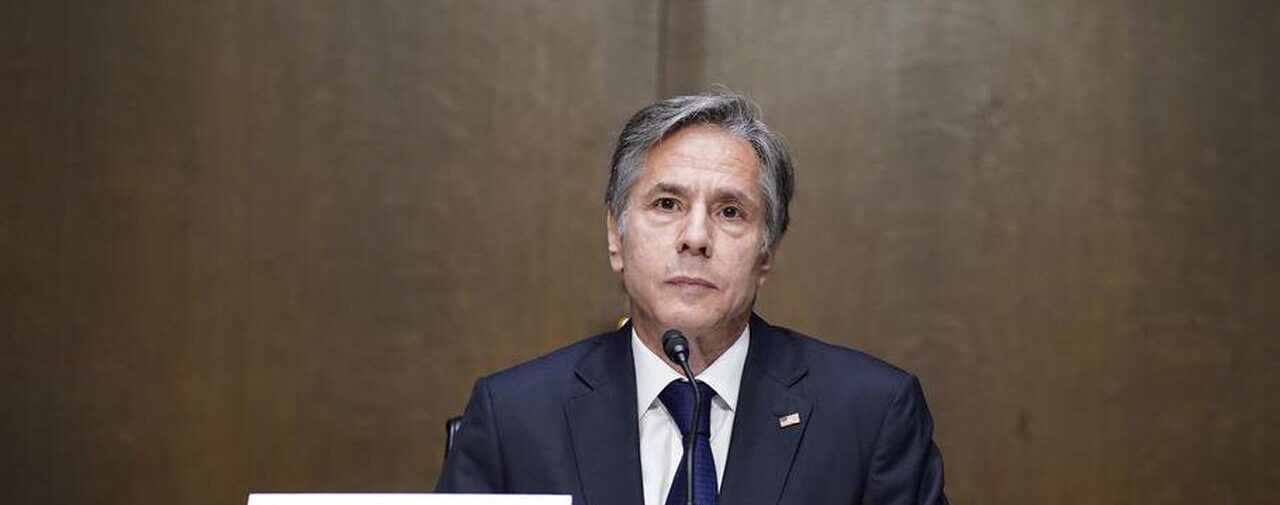
AFP
The United States and Mexico on Friday vowed to overhaul their joint fight against drug cartels, during a visit by a high-level delegation including US Secretary of State Antony Blinken.
President Andres Manuel Lopez Obrador has said Mexico no longer wants helicopter gunships and other weapons to combat drug traffickers, urging the United States to invest in regional economic development instead.
On his first visit to Mexico as the top US diplomat, Blinken, accompanied by officials including US Homeland Security Secretary Alejandro Mayorkas, held a working breakfast with Lopez Obrador followed by the main security talks.
Lopez Obrador hailed a “new phase” in relations, reiterating an invitation to US President Joe Biden to visit Mexico.
Washington has indicated that it is ready to revamp a 13-year-old program called the Merida Initiative that provided US military firepower, technical support and security training.
“After 13 years of the Merida Initiative, it’s time for a comprehensive new approach to our security cooperation, one that will see us as equal partners in defining our shared priorities, tackle the root drivers of these challenges, like inequity, like corruption, and focus not only on strengthening law enforcement but also public health, the rule of law, inclusive economic opportunities,” Blinken said.
He said more needed to be done to disrupt arms trafficking, strengthen port and border security, dismantle the cartels’ financial systems, root out impunity, tackle human rights abuses and address public health issues such as addiction.
Mexican Foreign Minister Marcelo Ebrard said it was time to say “goodbye to the Merida Initiative, welcome to the Bicentennial Agreement” — a reference to the Latin American country’s recent 200th independence anniversary.
The United States has given Mexico about $3 billion since 2008 for law enforcement training and equipment such as Black Hawk helicopters.
Lopez Obrador argues that investing in development projects in the region would help counter not only drug trafficking but also migrant flows — another major challenge facing the two countries.
Underscoring the magnitude of the crisis, Mexican authorities said Friday they had detained 652 undocumented migrants, more than half of them children, traveling toward the US border in refrigerated truck containers.
– Merida Initiative ‘dead’ –
Mexico will use the talks to push for steps to speed up extraditions between the two countries and reduce the flow of arms from the United States, Foreign Minister Marcelo Ebrard said this week.
In August, Mexico filed an unprecedented lawsuit against major US gunmakers in a Boston court over illegal cross-border arms flows that it blames for fueling drug-related violence.
Mexico is plagued by cartel-related bloodshed that has seen more than 300,000 people murdered since the government deployed the military in the war on drugs in 2006.
Many experts believe the strategy of militarization has failed because it has resulted in the cartels being fragmented into smaller, more violent cells, while drugs continue to flood into the United States.
The new security framework will focus “not just on crime, but also on the underlying cause of crime,” a senior US administration official said.
“We’re going to be looking at ways we can increase joint efforts to decrease demand for narcotics,” he said.
The two countries would continue to pursue the cartels, including their laboratories and supply chains, the official said.
But the new strategy would put more emphasis on stopping flows of firearms and drug money from the United States to Mexico, in order to “deny revenue to these cartels,” he added.
Forging a new joint strategy will not be easy, said Michael Shifter, president of the US-based think-tank Inter-American Dialogue.
“The Merida Initiative is indeed dead,” he said.
“Mexico is expected to press for significant US assistance and investment in the southern part of the country, but with budget pressures and other priorities in Washington, US officials are unlikely to be receptive,” he said.
International
Germany says football bodies alone will decide on possible World Cup boycott
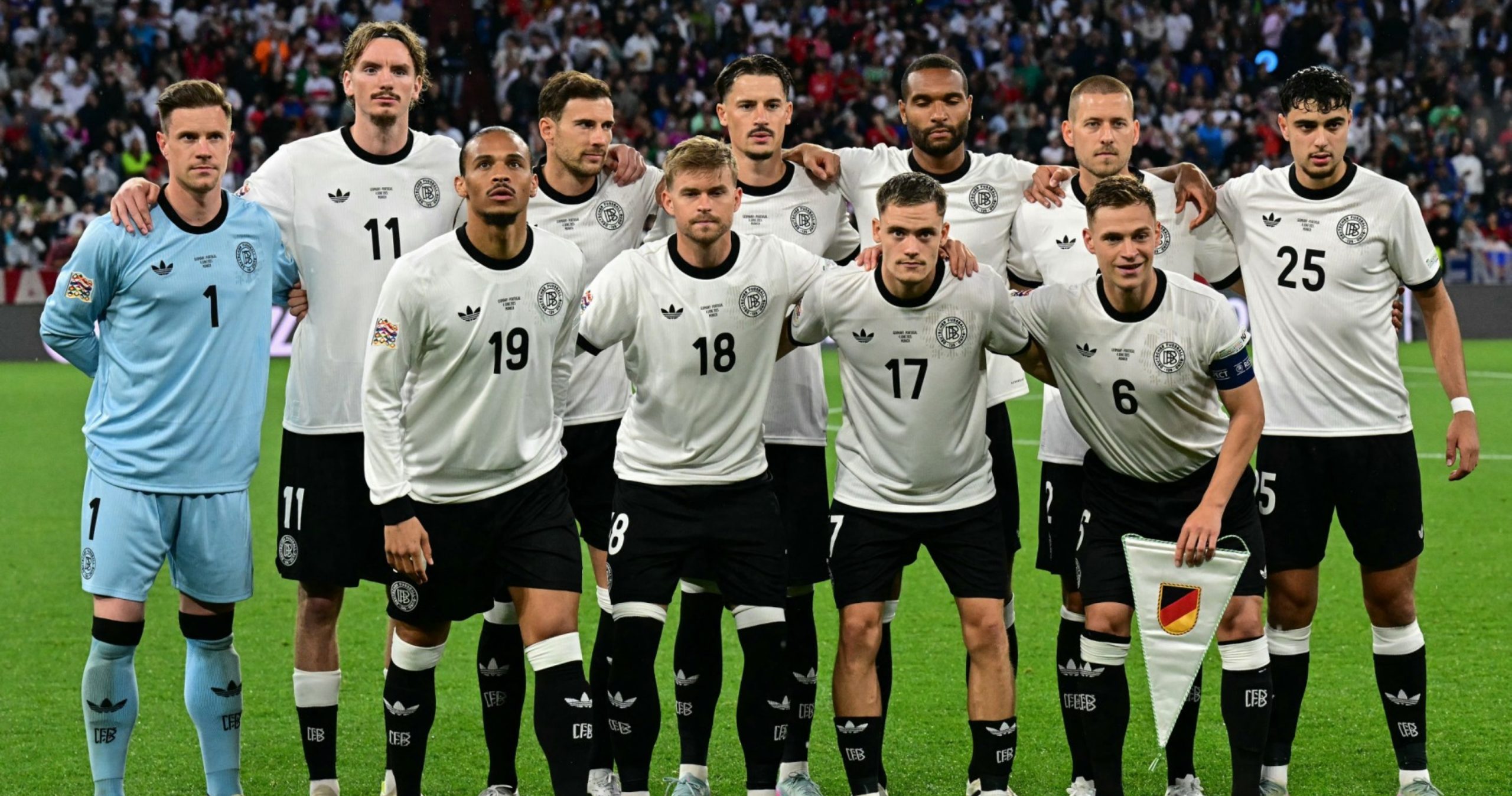
The German Football Association (DFB) and FIFA will decide with full “autonomy” whether to boycott the upcoming World Cup, which will be hosted mainly by the United States in six months, following threats made by former U.S. president Donald Trump, the German government told AFP on Tuesday.
Trump has threatened to seize Greenland and impose higher tariffs on European countries that oppose the plan, raising political tensions between the United States and Europe.
“This assessment therefore lies with the relevant federations, in this case the DFB and FIFA. The federal government will respect that decision,” Sports State Secretary Christiane Schenderlein said in a statement emailed to AFP.
AFP had asked the German government about the possibility of a boycott of the World Cup to be jointly hosted by Canada, the United States and Mexico from June 11 to July 19.
“The federal government respects the autonomy of sport. Decisions regarding participation in major sporting events or possible boycotts fall exclusively within the responsibility of the relevant sports federations, not the political sphere,” said Schenderlein, a member of the conservative CDU, the party of Chancellor Friedrich Merz.
International
Daily Mail publisher insists reports relied on legitimate sources amid privacy trial
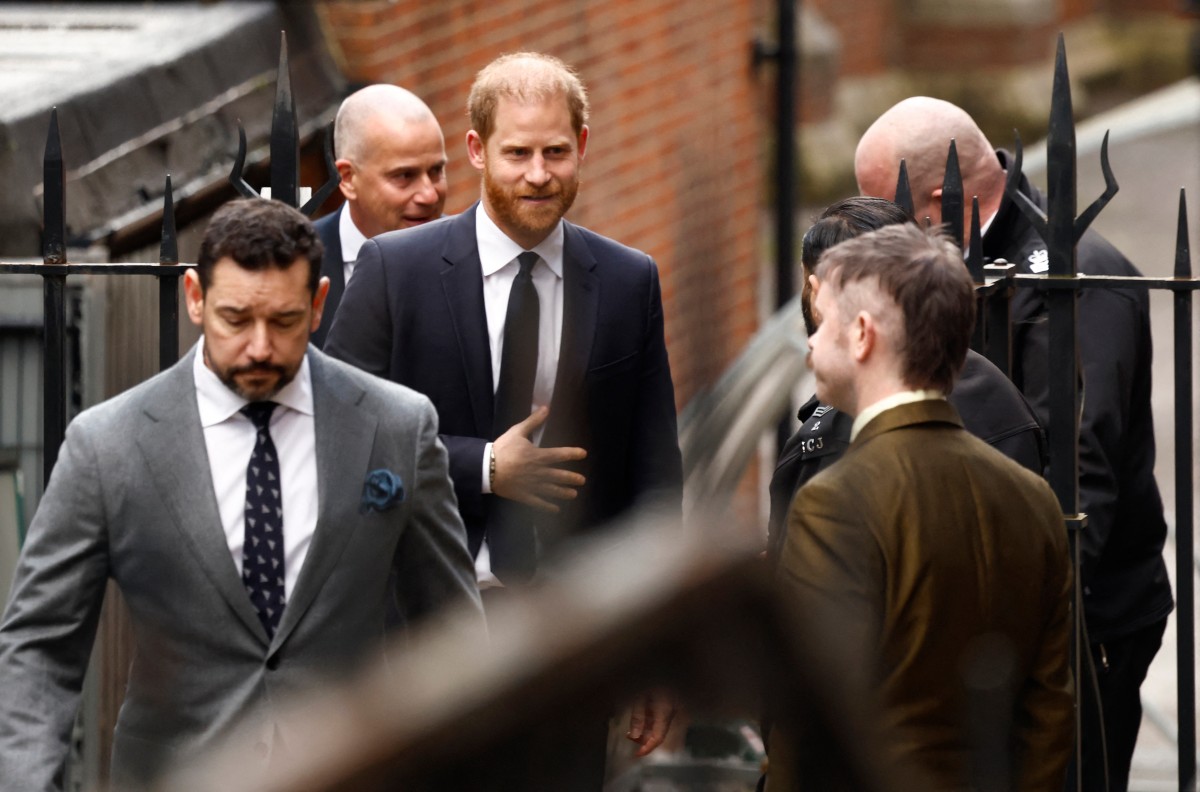
Two British tabloids accused of phone hacking and other forms of “unlawful information gathering” against Prince Harry and six other individuals, including singer Elton John, insisted on Tuesday that their reporting relied on legitimate sources.
Associated Newspapers Ltd (ANL), the publisher of the Daily Mail and The Mail on Sunday, sought to rebut allegations of privacy violations through illegal methods on the second day of trial at London’s High Court, following a lawsuit filed by the seven claimants.
Prince Harry, 41, who attended court hearings on both Monday and Tuesday, could be called to testify starting Wednesday in a trial expected to last up to nine weeks.
Lawyers for the claimants said the alleged illegal activities took place between 1993 and 2011, with some incidents reportedly extending as late as 2018. They argue that the tabloids hired private investigators to intercept phone calls and obtain confidential information, including detailed phone records, medical histories, and bank statements.
However, Anthony White, counsel for ANL, told the court that the trial would show the company presents “a compelling account of a pattern of lawful source acquisition” for its articles.
White added that the claims would require the court to believe that journalists and staff at the tabloids had engaged in widespread dishonesty, which the company strongly denies.
International
Death toll from southern Spain train crash rises to 40
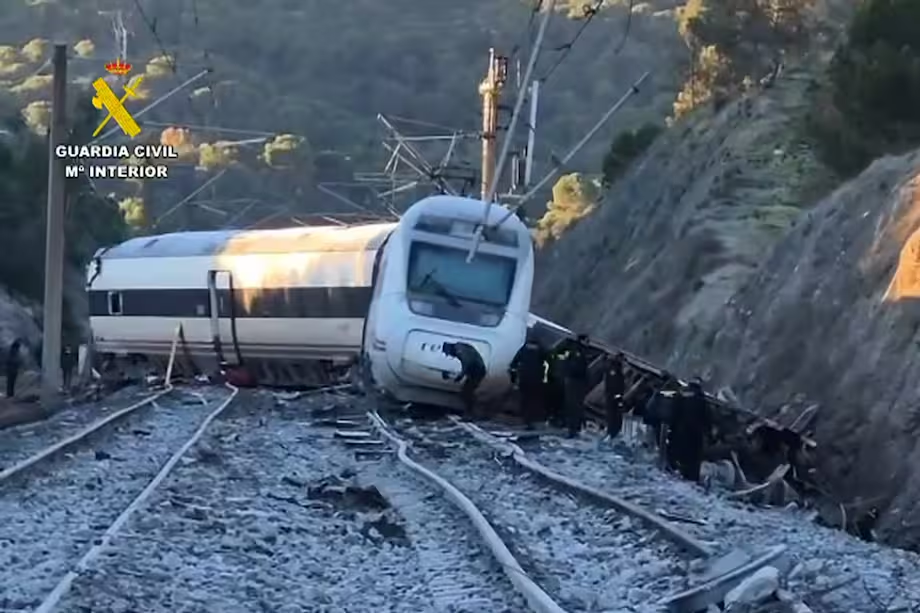
The death toll from the train accident that occurred on Sunday in southern Spain has risen to 40, according to investigative sources cited by EFE on Monday afternoon.
Since early Monday, search operations have focused on the damaged carriages of a Renfe train bound for Huelva, which collided with the last derailed cars of an Iryo train traveling from Málaga to Madrid after it left the tracks.
The crash has also left more than 150 people injured. Of these, 41 remain hospitalized, including 12 in intensive care units at hospitals across the Andalusia region.
More than 220 Civil Guard officers are working at the site, searching the railway line and surrounding areas for key evidence to help identify victims and determine the causes of the accident.
The tragedy has revived memories of the deadliest railway disasters in Europe in recent decades. In Spain, the most severe occurred on July 24, 2013, when an Alvia train derailed near Santiago de Compostela, killing 80 people and injuring 130 others.
At the European level, the worst rail disaster took place on June 3, 1998, in Eschede, northern Germany, when a high-speed train struck a bridge pillar at 200 kilometers per hour, resulting in 98 deaths and 120 injuries.
-

 International4 days ago
International4 days agoU.S. deportation flight returns venezuelans to Caracas after Maduro’s ouster
-

 Central America3 days ago
Central America3 days agoGuatemala prison uprisings leave 46 guards held by gangs
-

 International2 days ago
International2 days agoDeath toll from southern Spain train crash rises to 40
-

 Central America2 days ago
Central America2 days agoGuatemala raises police death toll to nine after gang violence escalates
-
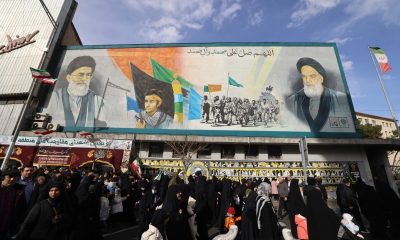
 International5 days ago
International5 days agoCanada accuses Iran of killing its citizen during anti-government unrest
-

 International5 days ago
International5 days agoSheinbaum highlights anti-drug gains after U.S. says challenges remain
-

 International2 days ago
International2 days agoOver 160 christian worshippers kidnapped in Kaduna Church attacks
-

 International3 days ago
International3 days agoChile declares state of catastrophe as wildfires rage in Ñuble and Biobío
-

 International4 days ago
International4 days agoFormer South Korean President Yoon sentenced to five years in prison
-

 International15 hours ago
International15 hours agoGermany says football bodies alone will decide on possible World Cup boycott
-

 International15 hours ago
International15 hours agoDaily Mail publisher insists reports relied on legitimate sources amid privacy trial
-

 International2 days ago
International2 days agoSpain’s Prime Minister pledges transparency after train crash kills at least 39


























